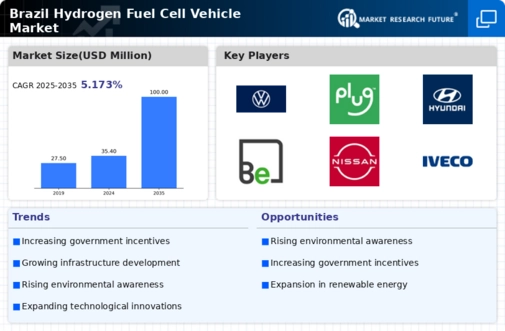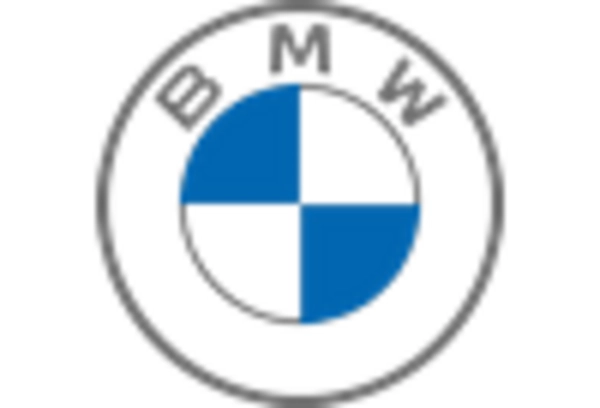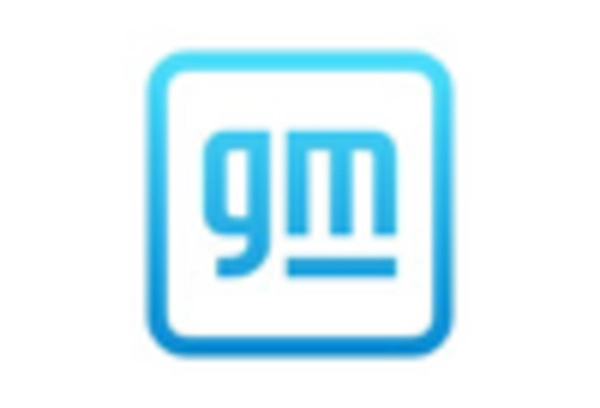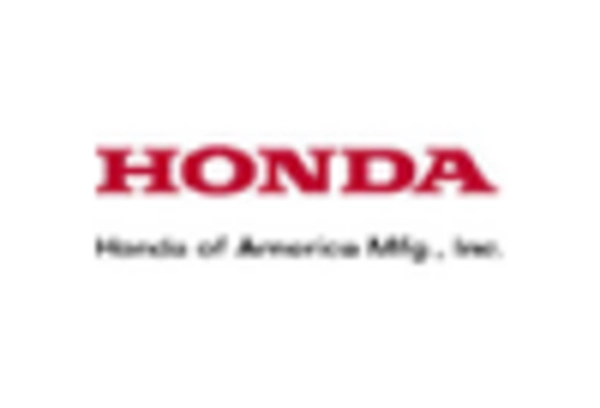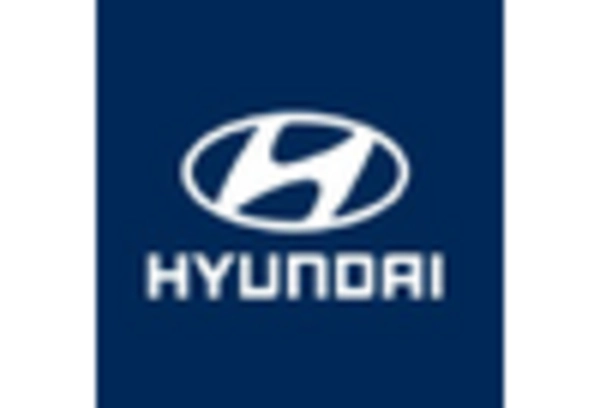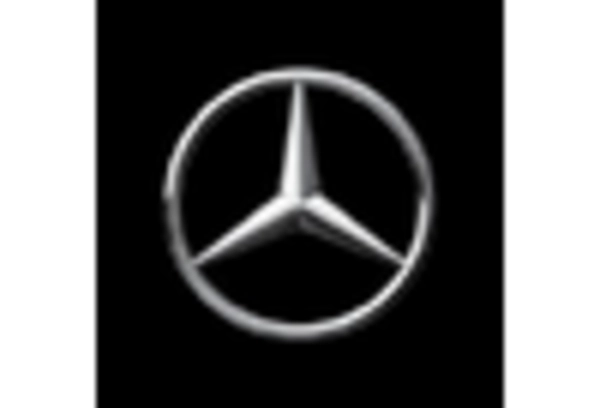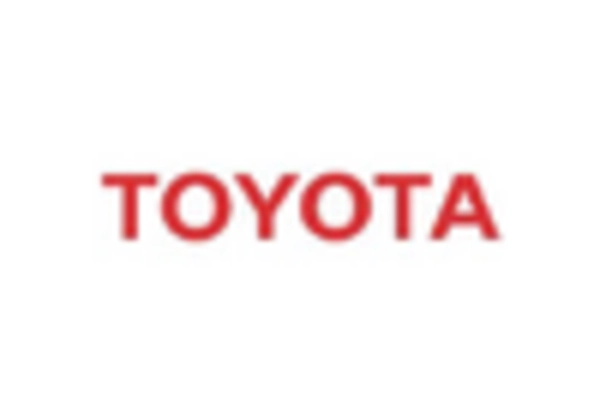Growing Environmental Awareness
Increasing environmental awareness among Brazilian consumers is driving the Brazil Hydrogen Fuel Cell Vehicle Market. As concerns about air pollution and climate change escalate, there is a growing demand for cleaner transportation alternatives. Hydrogen fuel cell vehicles, which emit only water vapor, present a viable solution to mitigate the environmental impact of traditional fossil fuel-powered vehicles. In 2025, surveys indicated that approximately 70% of Brazilian consumers expressed interest in adopting eco-friendly vehicles, with hydrogen FCVs being a prominent choice. This shift in consumer preferences is likely to encourage automakers to invest in hydrogen technology and expand their offerings in the Brazilian market, thereby accelerating the transition towards sustainable mobility.
Government Support and Incentives
The Brazil Hydrogen Fuel Cell Vehicle Market benefits from robust government support and incentives aimed at promoting clean energy technologies. The Brazilian government has established various policies to encourage the adoption of hydrogen fuel cell vehicles (FCVs), including tax exemptions and subsidies for manufacturers and consumers. In 2025, Brazil's National Hydrogen Program was launched, which outlines a strategic framework for hydrogen production and utilization, including FCVs. This initiative is expected to enhance the market's growth by fostering research and development, as well as facilitating partnerships between public and private sectors. The government's commitment to reducing greenhouse gas emissions aligns with global climate goals, further solidifying the role of hydrogen as a key player in Brazil's transition to sustainable transportation.
Rising Fuel Prices and Energy Security
Rising fuel prices and the quest for energy security are significant drivers for the Brazil Hydrogen Fuel Cell Vehicle Market. As global oil prices fluctuate, Brazilian consumers and businesses are increasingly seeking alternative energy sources to mitigate their dependence on fossil fuels. Hydrogen fuel cell vehicles offer a promising solution, as they can be powered by domestically produced hydrogen, reducing vulnerability to international market volatility. In 2025, the Brazilian government reported a 15% increase in fuel prices, prompting discussions on energy diversification strategies. This scenario is likely to accelerate the adoption of hydrogen FCVs, as consumers and fleet operators look for cost-effective and sustainable transportation options. The emphasis on energy security aligns with Brazil's broader energy transition goals, further supporting the growth of the hydrogen market.
Advancements in Hydrogen Infrastructure
The development of hydrogen infrastructure is crucial for the Brazil Hydrogen Fuel Cell Vehicle Market. In recent years, Brazil has made strides in establishing hydrogen refueling stations, which are essential for the widespread adoption of FCVs. By 2026, it is projected that Brazil will have over 50 operational hydrogen refueling stations, primarily concentrated in major urban areas. This infrastructure expansion is expected to alleviate range anxiety among potential FCV users, making hydrogen vehicles a more attractive option. Furthermore, partnerships between government entities and private companies are facilitating investments in hydrogen production and distribution networks, thereby enhancing the overall viability of hydrogen as a fuel source for transportation in Brazil.
International Collaboration and Investment
International collaboration and investment play a pivotal role in the Brazil Hydrogen Fuel Cell Vehicle Market. Brazil has been actively engaging with countries such as Germany and Japan, which are leaders in hydrogen technology. These partnerships have led to knowledge transfer, joint research initiatives, and investment in hydrogen projects. In 2025, Brazil secured funding from international organizations to support the development of hydrogen production facilities and FCV manufacturing. This influx of foreign investment is expected to bolster local capabilities and accelerate the commercialization of hydrogen technologies. As Brazil positions itself as a key player in the global hydrogen economy, these collaborations are likely to enhance the competitiveness of its hydrogen fuel cell vehicle market.


